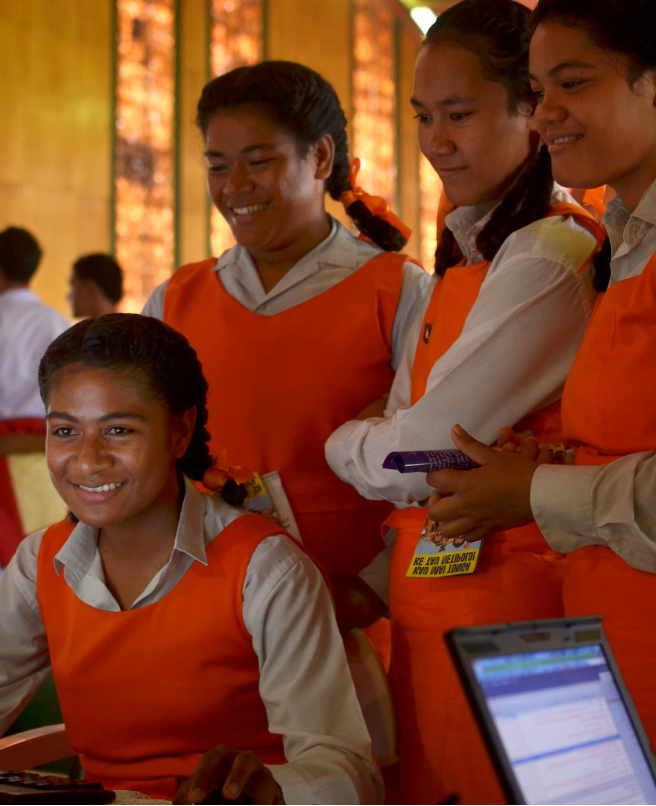
What’s involved in a community scorecard (CSC) process?

FAQs on CSC
CSC is an iterative process. To implement a CSC, there are several aspects to consider, including timing, budget, facilitation skills, and format.
Ideally, in the context of ongoing stakeholder engagement.
But in situations where there is no history of participatory approaches, the CSC can be a powerful and useful methodology for initiating and sustaining community engagement.
Eagle Mine in the U.S. added the CSC process as a second initiative, following the establishment of regular dialogue with local communities to capture and monitor their concerns and interests. After four years of annual CSC deployments, the degree of community confidence in the company and satisfaction with its performance had improved to the point where all stakeholders agreed to stop the scoring exercise, although annual monitoring would continue.
Read moreTypically, implementing a CSC does not require a significant cash outlay.
In general, direct costs associated with CSC implementation include organizer/facilitator salaries and modest communications and logistics expenses. These can range from printing of informational posters and brochures and renting meeting space and/or sound equipment to refreshments for community meeting participants and reimbursement of travel costs. Still, costs can vary significantly depending on the location, scope, scale, and specific CSC context.
There could be additional costs for complementary activities such as:
- Publicity campaigns to encourage community participation in the CSC process
- Independent monitoring of standards/company commitments
- Facilitator training and capacity building
- Ongoing communication and engagement with community groups
- Partnering with a local nongovernmental or civil society organization to support a multi- stakeholder CSC follow-up committee
Note that costs associated with the implementation of agreed action plans are not considered part of the actual CSC process. However, companies should keep in mind that there may be additional expenses to carry out these plans.
Successful CSC implementation depends on the ability to mobilize community members/local actors and facilitate multi-stakeholder dialogue. Options here include:
- Using the company’s in-house community relations staff who can act as mobilizers and facilitators to coordinate and implement the CSC.
- Partnering with a local NGO or consulting firm that has facilitation expertise.
- Supporting the training of community mobilizers/facilitators by the implementing partner or a qualified trainer.
- Using a combination of all three: For example, the company might coordinate the overall process, but partner with an NGO that organizes and facilitates the community meetings or trains and mentors community facilitators.
You can conduct the process virtually, although face-to-face engagement is preferable. Virtual CSCs require connectivity for all participants and facilitators who are comfortable using online communication platforms.
At the height of the covid-19 pandemic, Sierra Rutile in Sierra Leone pivoted to test out a virtual CSC process so they could continue a dialogue with the workforce about building a more gender- responsive workplace.
Read more
Want to implement a CSC?

IFC is here to help
In addition to financing, IFC offers advisory services that help its infrastructure clients connect with the communities where they operate. Our work creates a foundation that enables communities and companies to share value and sustain good relationships.
Get in touch: CommDev@ifc.org
THE COMMUNITY SCORECARD IS SUPPORTED BY:
